
At CPJ Debrief, Gettleman cites Somalia danger, reward
Jeffrey Gettleman, the Pulitzer Prize-winning New York Times correspondent, says he travels with “a small militia” whenever he reports from Somalia, the East African country afflicted by armed insurgency, poverty, and hunger. As intrusive as the security detail might be, he feels far more fortunate than the local reporters who face sustained and often deadly…
Sudan’s press under siege
Press freedom in Sudan is rapidly deteriorating, with confiscation of newspapers by the security agency becoming a norm. The scope of violations committed against publications and journalists by the Sudanese National Intelligence and Security Services (NISS) is widening by the day.
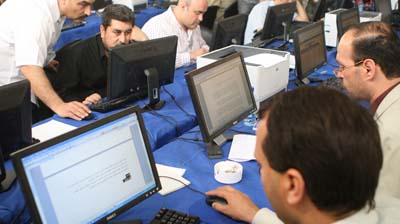
Don’t get your sources in Syria killed
Because foreign journalists have been virtually banned from Syria during the uprising against Bashar al-Assad’s regime, news coverage has relied heavily on citizen journalists and international reporters working with sources inside the country. Syrians who communicate with foreign news media run the risk of being threatened, detained, tortured, or even killed.
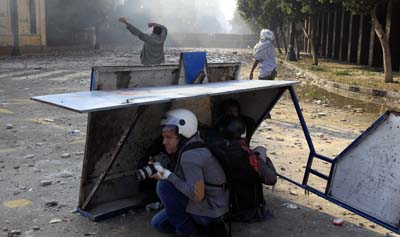
Should J-School grads just get up and go overseas?
The guidance is hardly clear. At a Columbia University event last week pegged to the release of the new CPJ Journalist Security Guide, one journalism student said he and his classmates are getting contradictory advice. Many J-school professors, he said, have encouraged him and others to just get up, go overseas, and try to make…

Breaking pledge, Bahrain bars free expression mission
Reneging on a promise made just weeks earlier, Bahraini authorities have denied visas to representatives of several free expression organizations who planned to travel to the kingdom next week to assess press and free speech conditions. CPJ is among several organizations that have signed a joint letter to Bahrain’s director of human rights organizations condemning the action.…
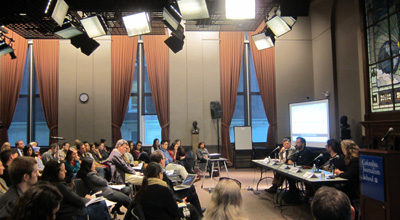
In digital security, knowledge and simplicity are keys
Governments and criminal organizations are stepping up digital surveillance of journalists, but the press is not keeping pace in meeting the challenge, a panel of experts said Wednesday at an event marking the launch of the CPJ Journalist Security Guide. Reporters are using unsecure consumer electronic products for sensitive tasks such as note-taking and source…
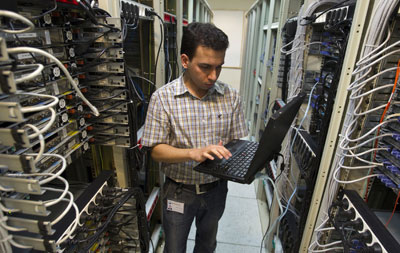
Most censored nations each distort the Net in own way
One big reason for the Internet’s success is its role as a universal standard, interoperable across the world. The data packets that leave your computer in Botswana are the same as those which arrive in Barbados. The same is increasingly true of modern mobile networks. Standards are converging: You can use your phone, access an…
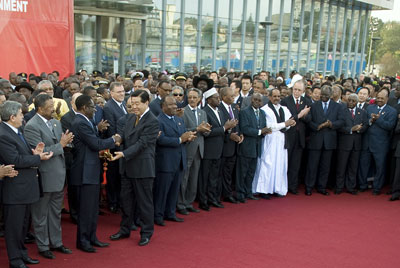
China not most censored, but may be most ambitious
China didn’t make the cut for our 10 most censored countries. While the Chinese Communist Party’s censorship apparatus is notorious, journalists and Internet users work hard to overcome the restrictions. Nations like Eritrea and North Korea lack that dynamism.
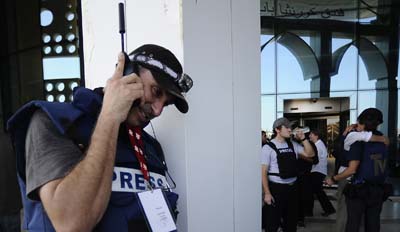
Safer mobile use is key issue for journalists
As the Internet and mobile communications become more integrated into reporters’ work, the digital threats to journalists’ work and safety have increased as well. While many press reports have documented Internet surveillance and censorship–and the efforts to combat them–mobile communications are the new frontline for journalist security.